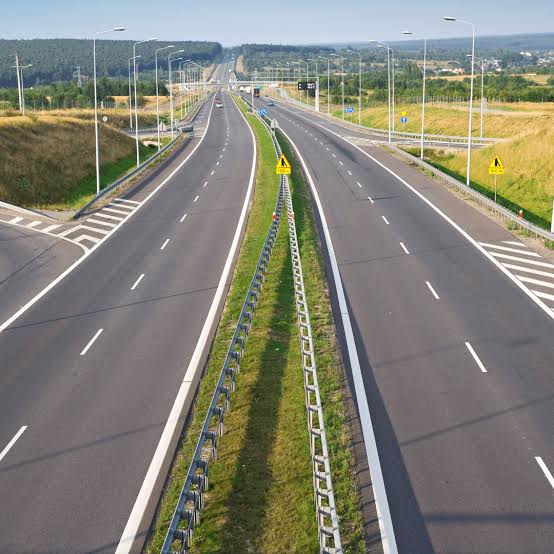
Driving on Nigerian highways can be thrilling yet challenging, with bustling traffic, unpredictable conditions, and diverse road users. Staying safe on Nigerian highways is about preparation, awareness, and caution.
By planning routes, maintaining your vehicle, driving defensively, and using safety gear, you can navigate these roads with confidence. Let’s explore how to drive smart and protect yourself on these vibrant roads
Plan Your Route Ahead
Preparation is your first line of defense. Check real-time traffic updates using Google Maps or Waze before departing, especially during peak hours or rainy seasons. Leave with extra time to account for delays, construction or market activity can slow things down. Carry essentials like water, snacks, and a first-aid kit. A well-planned route reduces stress and keeps you focused.
Maintain Your Vehicle
A reliable car is key to safety. Regularly check your tires, brakes, lights, and wipers, worn-out parts can fail on long stretches like Onitsha-Enugu. Ensure your fuel tank is full, as gas stations can be sparse. Carry a spare tire and basic tools; roadside assistance might not always be available. A well-maintained vehicle minimizes breakdowns and hazards.
Drive Defensively
Nigerian highways demand alertness. Keep a safe distance from other vehicles, especially slow-moving trucks or danfos weaving through traffic. Use your indicators early and avoid sudden maneuvers. If an aggressive driver approaches, let them pass rather than engaging. Defensive driving anticipates risks, keeping you and others safe.
Follow Speed Limits and Road Signs
Speeding is a common cause of accidents. Adhere to posted limits often 80–100 km/h on highways, adjusting for weather or congestion. Pay attention to road signs warning of curves, potholes, or livestock crossings, common on routes like Benin-Ore. Respecting these guidelines prevents collisions and fines.
Stay Alert and Take Breaks
Long drives, like Lagos to Port Harcourt, can lead to fatigue. Take breaks every 2–3 hours at secure spots like gas stations or eateries. Stretch, hydrate, and rest your eyes. Avoid driving at night if possible—poor lighting and roaming animals increase risks. A refreshed driver is a safer driver.
Use Safety Gear and Equipments
Always wear your seatbelt, and ensure passengers do too, Nigeria’s law mandates it. Install a dashcam to record incidents, useful for insurance claims. Keep a fire extinguisher and reflective triangle in your trunk for emergencies. Safety gear can be a lifesaver on unpredictable roads.
Handle Emergencies Calmly
If you encounter a breakdown or accident, move to the shoulder and turn on hazard lights. Use your reflective triangle to warn others. Call emergency services (e.g., 112 or 767 in some states) or roadside help if available. Stay calm panic can worsen situations. Helping others safely also builds road camaraderie.
Avoid Distractions
Keep your focus on the road. Put your phone on silent or use a hands-free device, texting while driving is a no-go. Avoid eating or adjusting the radio excessively. Distractions on busy highways can lead to serious mishaps.
